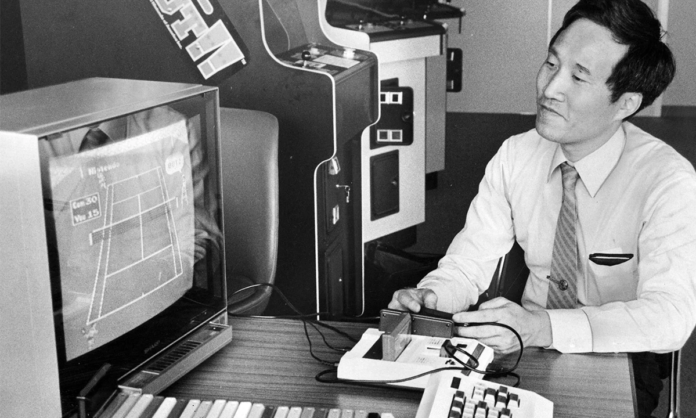
Japanese engineer, video game producer, and professor, Masayuki Uemura, famed for being a Nintendo game pioneer is dead.
His demise was announced by the Ritsumeikan University, Kyoto where he taught. He was 78.
The Ritsumeikan University in a statement said Uemura, the lead architect behind Nintendo Co.’s trailblazing home game consoles, died Monday, with the cause of his death not released.
Born in Tokyo, Japan 20 June 1943, Uemura studied electronic engineering at the Chiba Institute of Technology and joined Nintendo in 1971 and in his 33 year stint at the company was a key factor in the development of the Nintendo Entertainment System.
He was tasked by the then Japan’s President, Hiroshi Yamauchi in 1981 with developing a home console for games like Donkey Kong, which became a huge hit in the United States at the time but only available for arcade use.
According to Wikipedia, Uemura was a former employee of Sharp Corporation and had joined Nintendo in 1971 working with Gunpei Yokoi and Genyo Takeda on solar cell technology for the Laser Clay Shooting System arcade game. After he became General Manager of Nintendo R&D2, Uemura served as the lead architect for the Nintendo Entertainment System and Super NES game consoles. He retired from Nintendo in 2004 and became director for the Center for Game Studies at Ritsumeikan University.
The Nintendo Entertainment System (NES) an 8-bit third-generation home video game console produced by Nintendo, was first released as the Family Computer (FC),] commonly known as the Famicom.
The famed Famicom game system hit the Japanese market in 1983 as Nintendo’s first cartridge-based console, in the process giving users the opportunity to play popular games that came in cassette formats, with an upgrade of the Super Famicom released in Japan in 1990.
The Nintendo Entertainment System had hit the United States in 1985 and launched to global prominence with more than 60 million consoles sold worldwide, bringing international recognition to a company that previously made traditional Japanese card games, other playing cards and toys.
After his retirement from Nintendo in 2004, Uemura taught game studies starting the same year at Ritsumeikan University in the ancient Japanese capital, which is also home to Nintendo.
“We offer our heartfelt appreciation for Mr Uemura’s huge contributions to the development of the game industry by introducing a variety of video game consoles including family computers,” Ritsumeikan University said in a statement. “May he rest in peace.”

